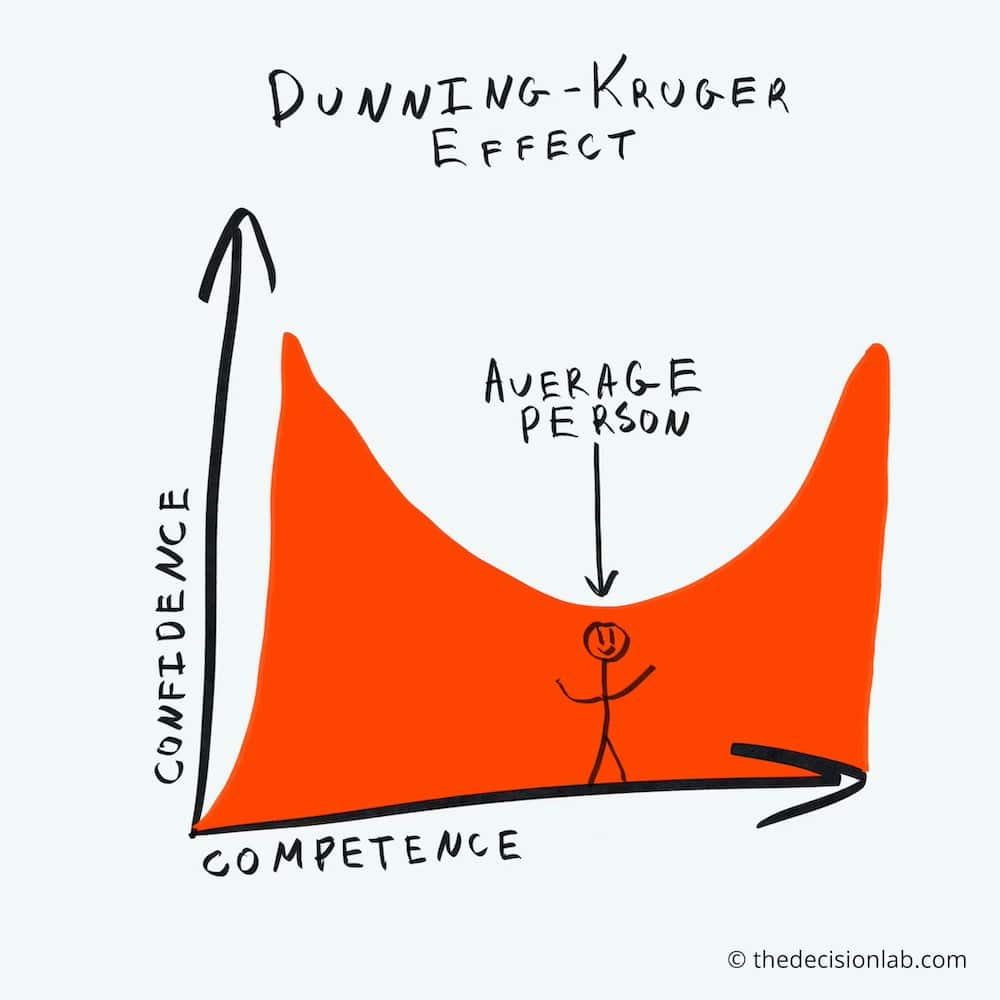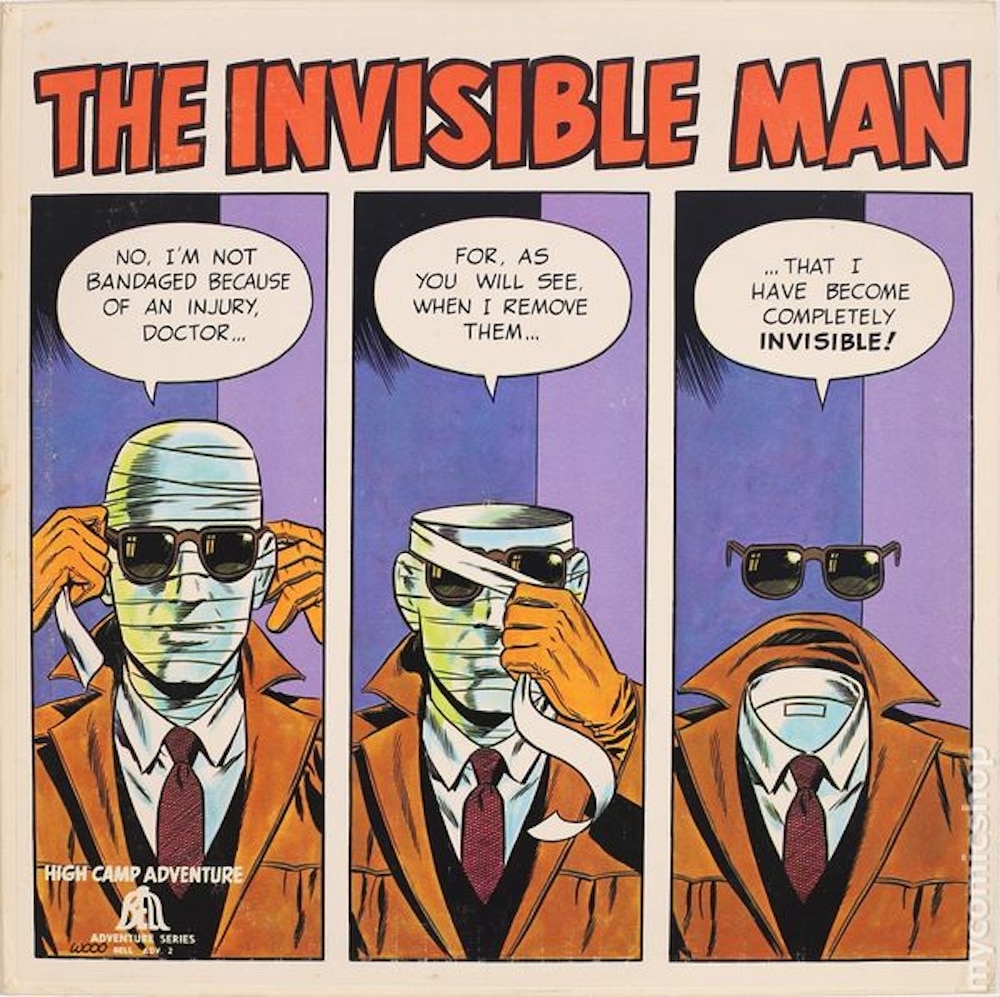The Dunning-Kruger Effect and Us
While it’s easy to poke fun at McArthur Wheeler and his inordinate faith in the power of citrus, it’s much harder to admit that we too succumb to the Dunning-Kruger effect in our own lives.
For instance, if you have your driver’s license, research says you likely consider yourself an above-average driver. Yet, if we all compared our cars, we’d see varying amounts of scratches, dings, and dents. That’s the Dunning-Kruger Effect in action.
But according to the Epistle of James, nowhere does the Dunning-Kruger effect rear it ugly head in our lives more perniciously than when it comes to the great boldness with which we plan the future:
Come now, you who say, “Today or tomorrow we will go to such and such a town and spend a year there, doing business and making money.” Yet you do not even know what tomorrow will bring. What is your life? For you are a mist that appears for a little while and then vanishes. Instead you ought to say, “If the Lord wishes, we will live and do this or that.” As it is, you boast in your arrogance; all such boasting is evil. Anyone, then, who knows the right thing to do and fails to do it commits sin.
In other words, the reason we are so bold about our future, is our incompetence as to the true nature of human life.










